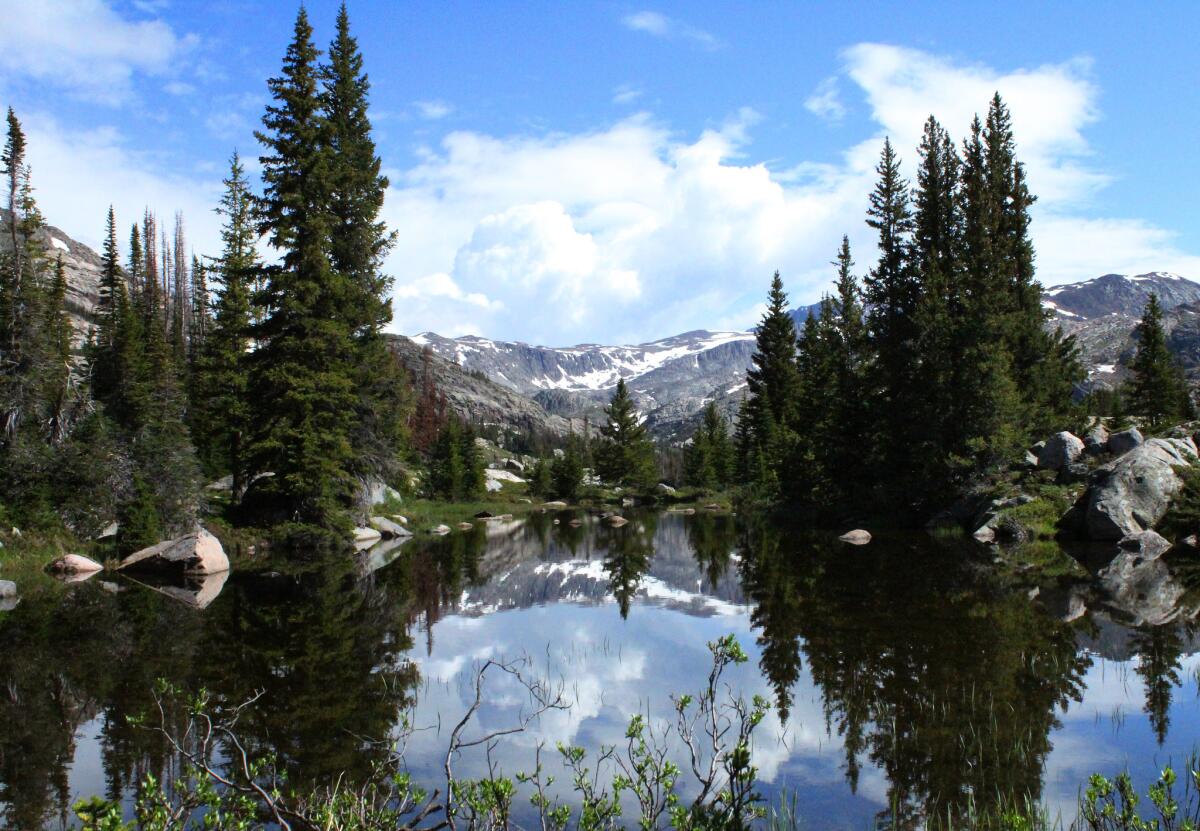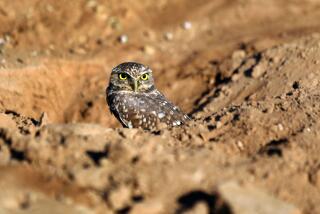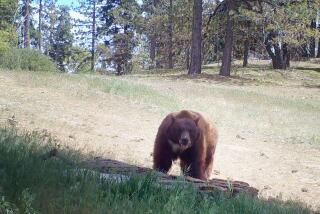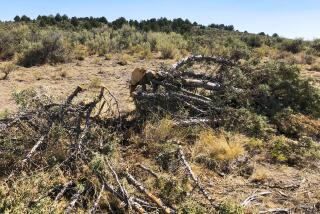Op-Ed: Why America’s wilderness matters

I grew up in New York City, which is probably why I care so much about wilderness. For city kids, wild country was a novelty, not the feared adversary it was on various American frontiers. I got into it early and as often as possible, becoming one of the first whitewater river guides in the Grand Canyon and elsewhere.
Still, it’s hard not to conclude that, as a species, we have been lousy members of the ecological neighborhood. We’ve followed with a vengeance the Old Testament advice to make the crooked straight and the rough places plain. That means conquest and control, breaking the will of self-willed, or wild, land. What’s left are remnants — islands in a sea of modified land. At present in the contiguous United States the amount of protected or designated wilderness is very close to the amount of pavement — about 2% each. And you know which way the wind is blowing. Wilderness is an endangered geographical species, and our generation needs to appreciate its accountability.
Laws protecting wilderness (most notably the Wilderness Act of 1964) were an American invention and one of the best ideas our culture ever had. Since the act’s passage 50 years ago this month, we have seen the rise of ecology as both a science and the basis of an ethical philosophy. But the traditional argument for environmental laws has been very anthropocentric. Whether involving scenery, recreation, tourism economics or nature’s “services,” it was all about us.
But a new, ecocentric argument looks at protected wilderness as a long-overdue demonstration of restraint on the part of a species notorious for its excesses. This way of thinking sees nature as a community to which we belong, not a commodity we possess. It understands that natural rights philosophy could extend to the rights of nature. This means that humans should — in some places and in some ways — stand down.
When we defend or extend the National Wilderness Preservation System, we deliberately withhold our technological power. We put limits on the civilizing process. Think about self-willed land: We didn’t make it, we don’t own it, it’s not “about” us at all.
When we go to designated wilderness we are, as the 1964 act says, “visitors” in someone else’s home. As such there are house rules to be followed. Some of them concern what we bring into those places where the wild things are. Of course this restraint means some conditioning of our freedom, but that’s the price we pay for membership in a community or society. We pay it, for instance, every time we pause at a stop sign or observe a speed limit. In this case the limitations have to do with other forms of life and how we share the planet. John Locke’s social contract could and should become Aldo Leopold’s ecological one.
Wilderness is a place to learn gratitude, humility and dependency. It’s where we put our species’ needs and wants into balance with those of the rest of the natural world. Even if we never visited them, wilderness areas have value as symbols of unselfishness. They are gestures of planetary modesty on the part of Earth’s most dangerous animal.
A nation that creates and maintains protected wilderness is showing capability of a kinder, gentler and more sustainable relationship with this planet. Can anything really be more important?
Roderick Frazier Nash is a professor emeritus of history and environmental studies at UC Santa Barbara. His 1967 book “Wilderness in the American Mind” appeared in its fifth printing this year. Among his other books is “The Rights of Nature: A History of Environmental Ethics.” canyondancer@earthlink.net.
Follow the Opinion section on Twitter @latimesopinion
More to Read
Start your day right
Sign up for Essential California for news, features and recommendations from the L.A. Times and beyond in your inbox six days a week.
You may occasionally receive promotional content from the Los Angeles Times.






